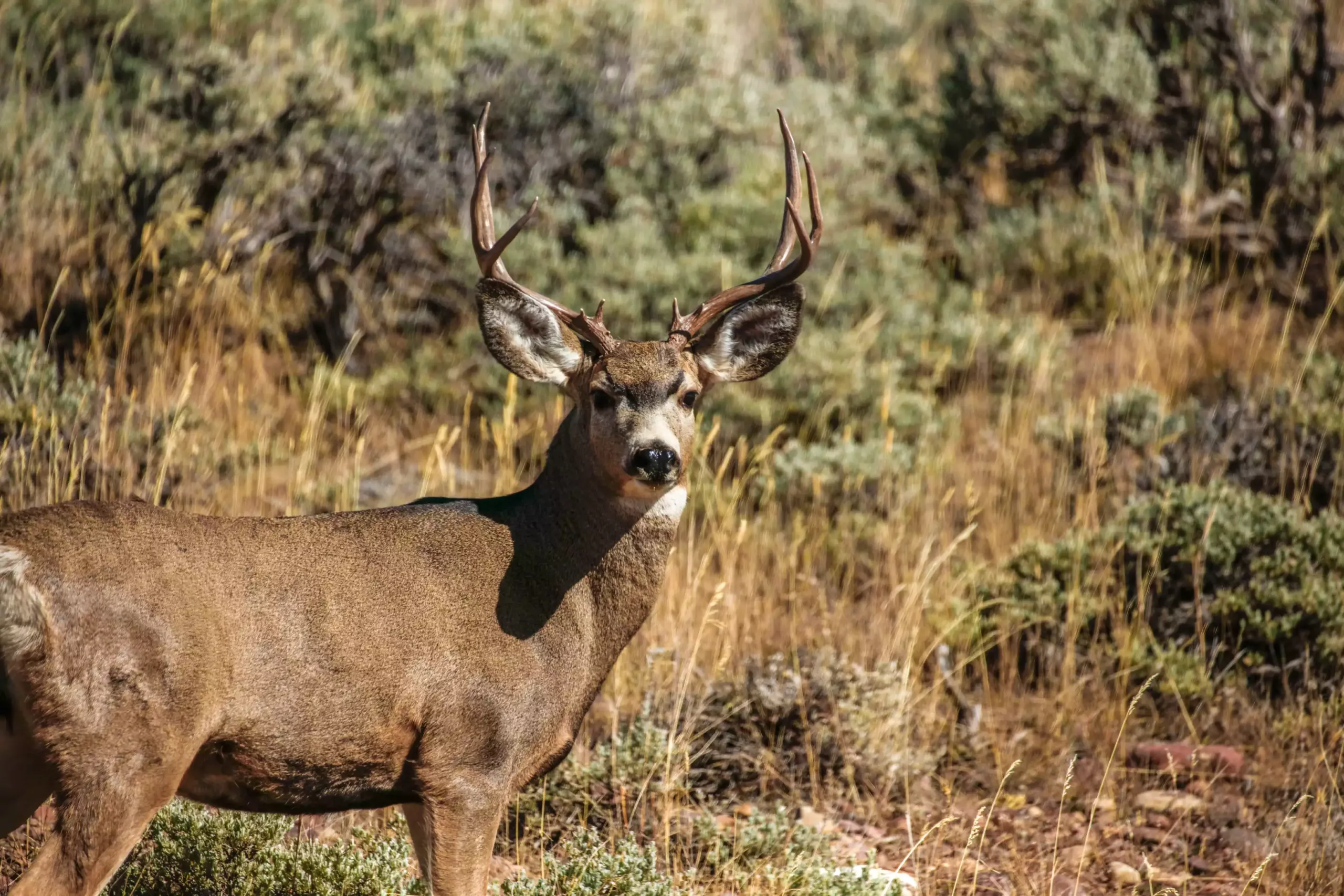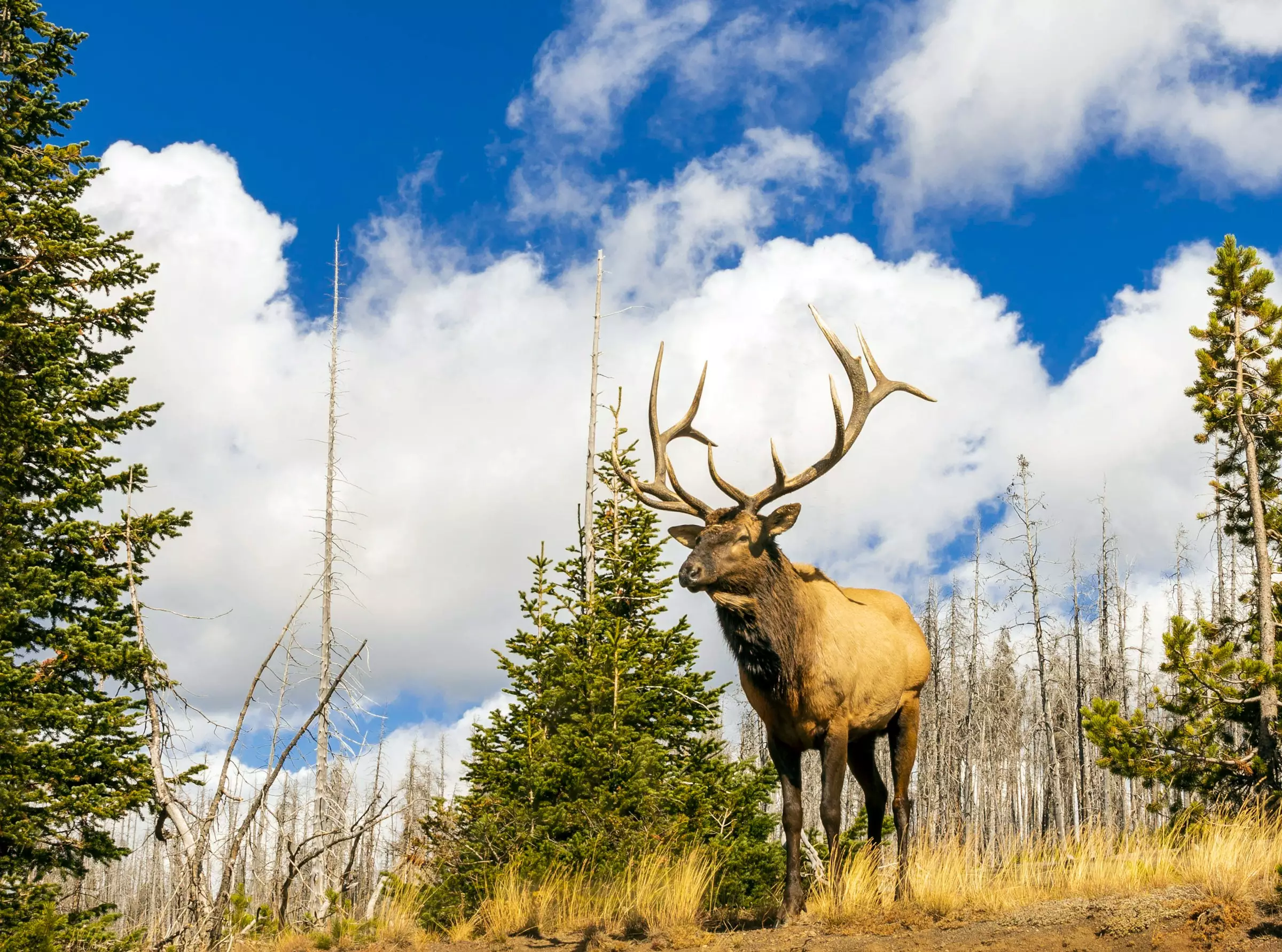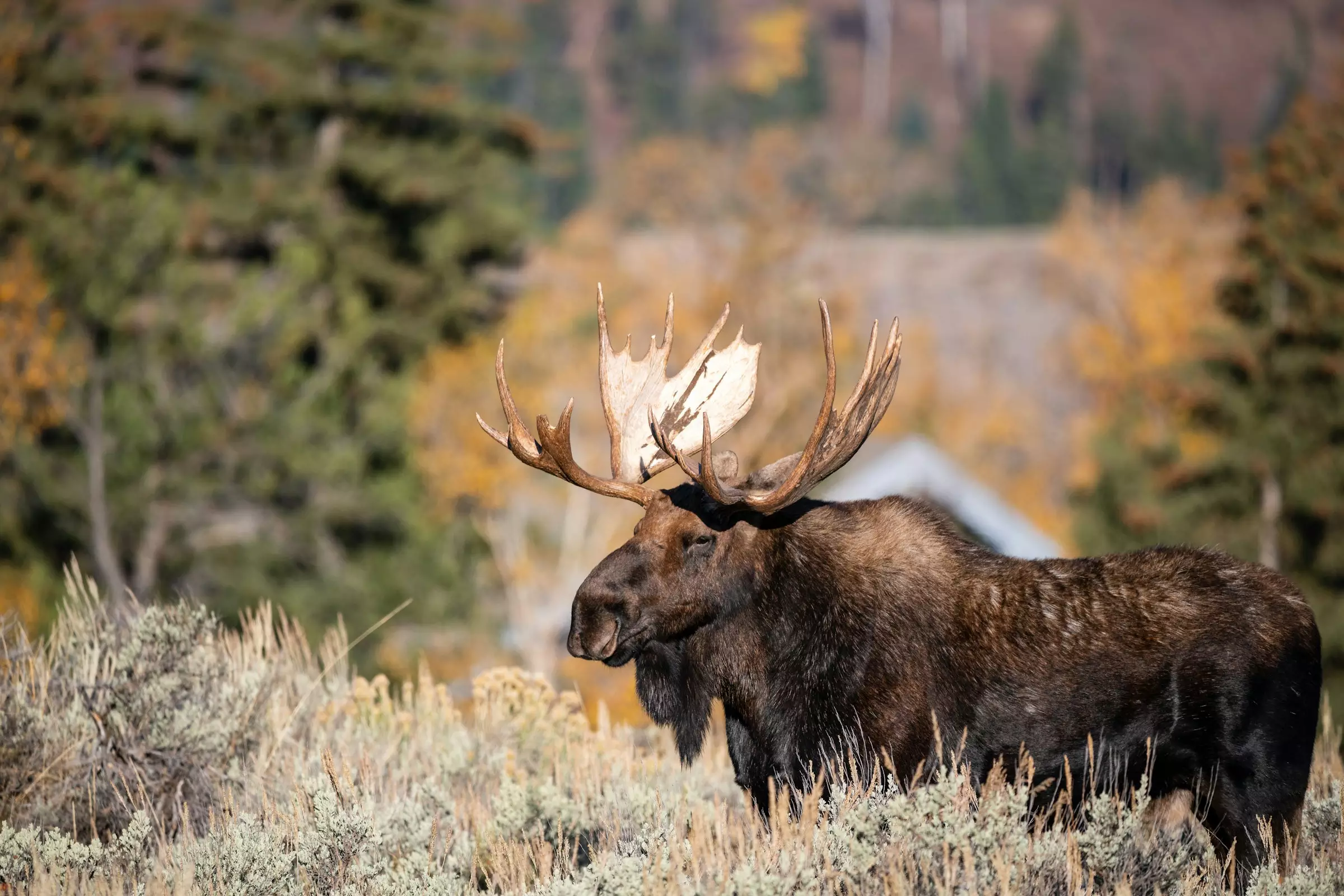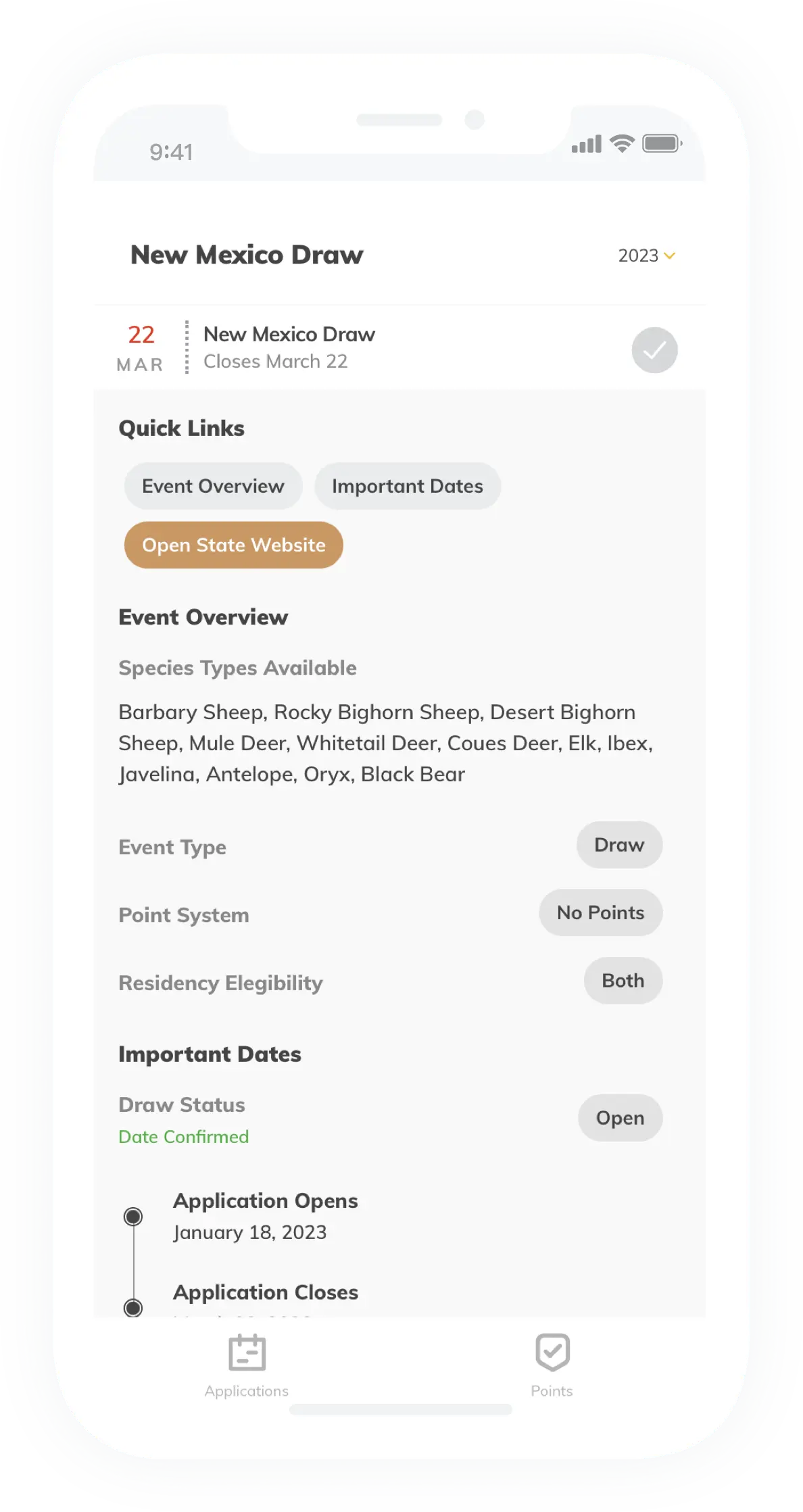Colorado approves nonresident tag reduction

The Colorado Parks and Wildlife (CPW) has approved changes to resident and nonresident tag allocations for black bear, deer, elk and pronghorn, set to take place in the 2024 season and resulting in nontrivial nonresident tag reduction. These changes were approved at the same time as the 2023 overall tag reductions due to the severe winter, so have not received much fanfare. As previously covered, CPW had proposed moving from 65% resident allocation for limited tags, and 80% resident allocation for high demand hunt codes, to 75% resident allocation for all codes. This would increase the net resident allocation but also simplify the system, with a single allocation percentage for all codes.
Approved changes in Colorado and net nonresident tag reduction
At the May commission meeting CPW approved a change to tag allocation, but not as previously proposed. The CPW approved change increases the resident allocation for standard hunt codes from 65% to 75%, but keeps the high demand hunt codes at 80% of the total. The resulting decrease in nonresident tags from 35% to 25% represents a 28.5% reduction in nonresident tags for general hunt codes and around 3,000 total licenses, which will likely result additional point creep for nonresident tags.
Original rationale for change – resident demand and process simplification
The original CPW proposal had two main aims: satisfy resident hunter demand for increased tags and to simplify the overall tag allocation process. Below are the original points the CPW aimed to achieve.
- Resident preference for more substantial increase in net license allocation than the status quo
- Higher level of predictability in tag allocation
- Simplifies CPW operations and regulations
- Increases customer understanding
While the first point of this was accomplished, at the expense of both total revenue and nonresident opportunity, the remaining points were not accomplished as CPW retained a tiered allocation system based on hunt codes.





